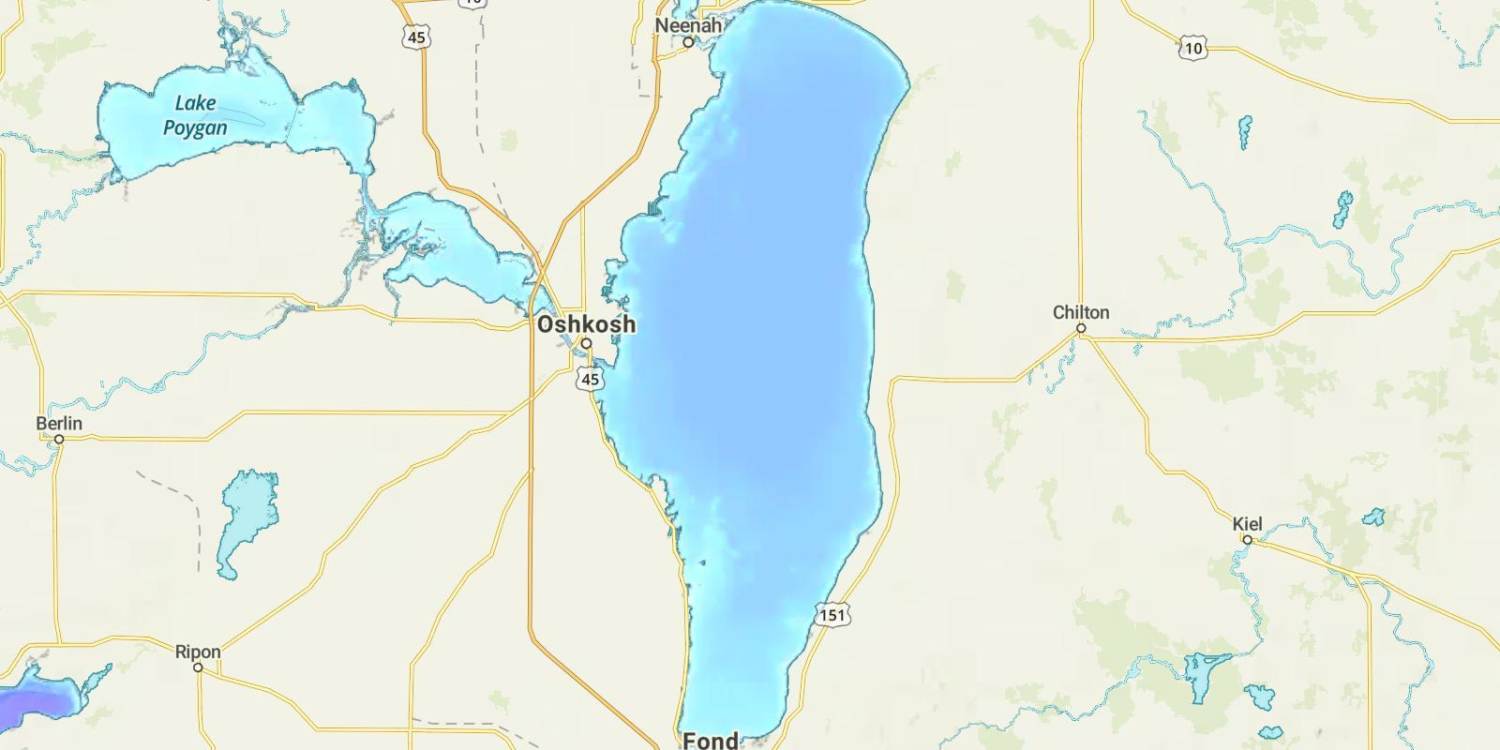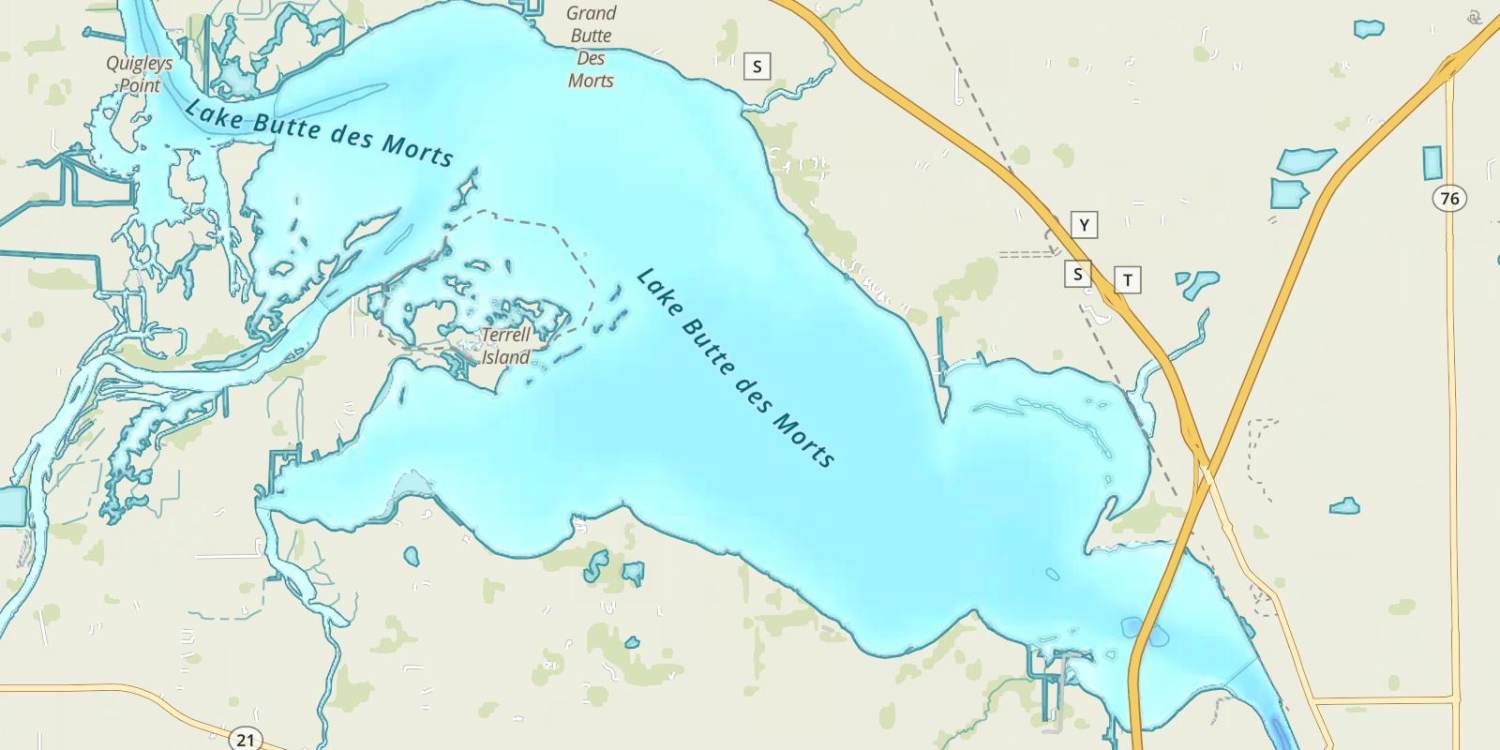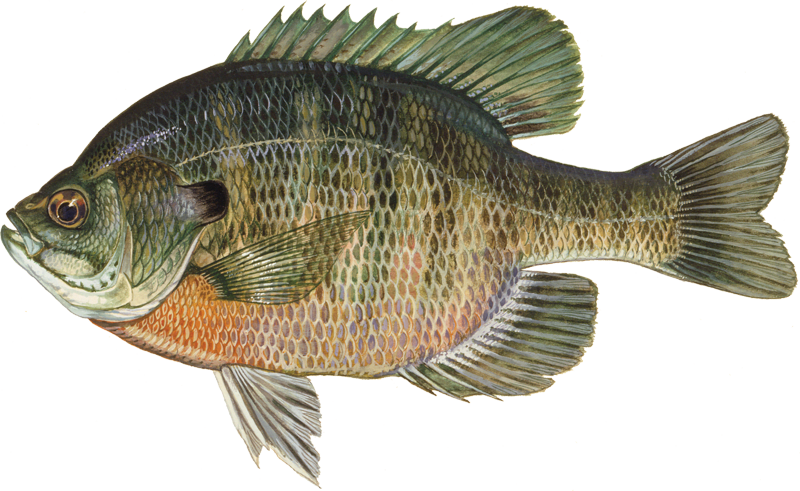
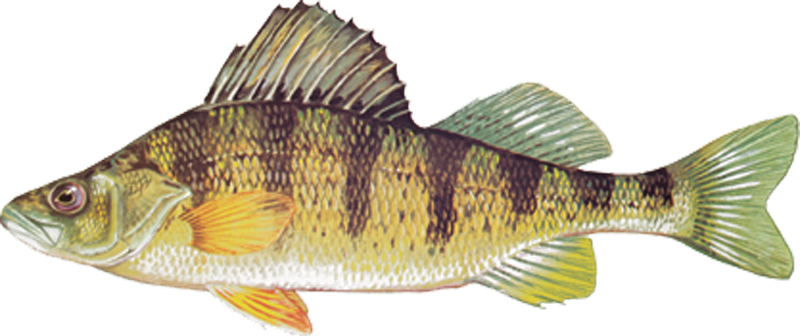
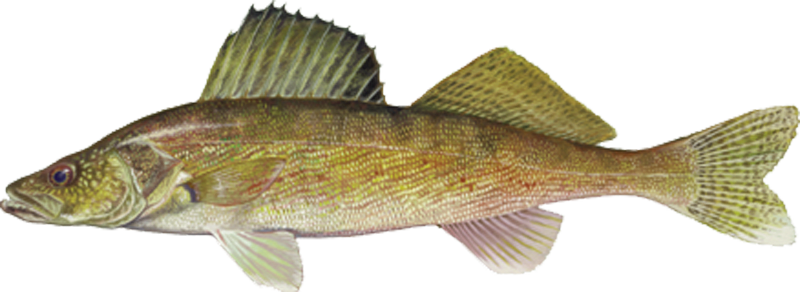
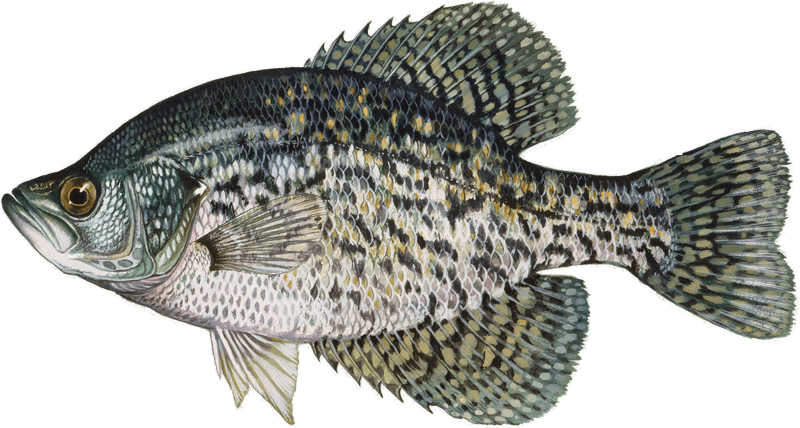
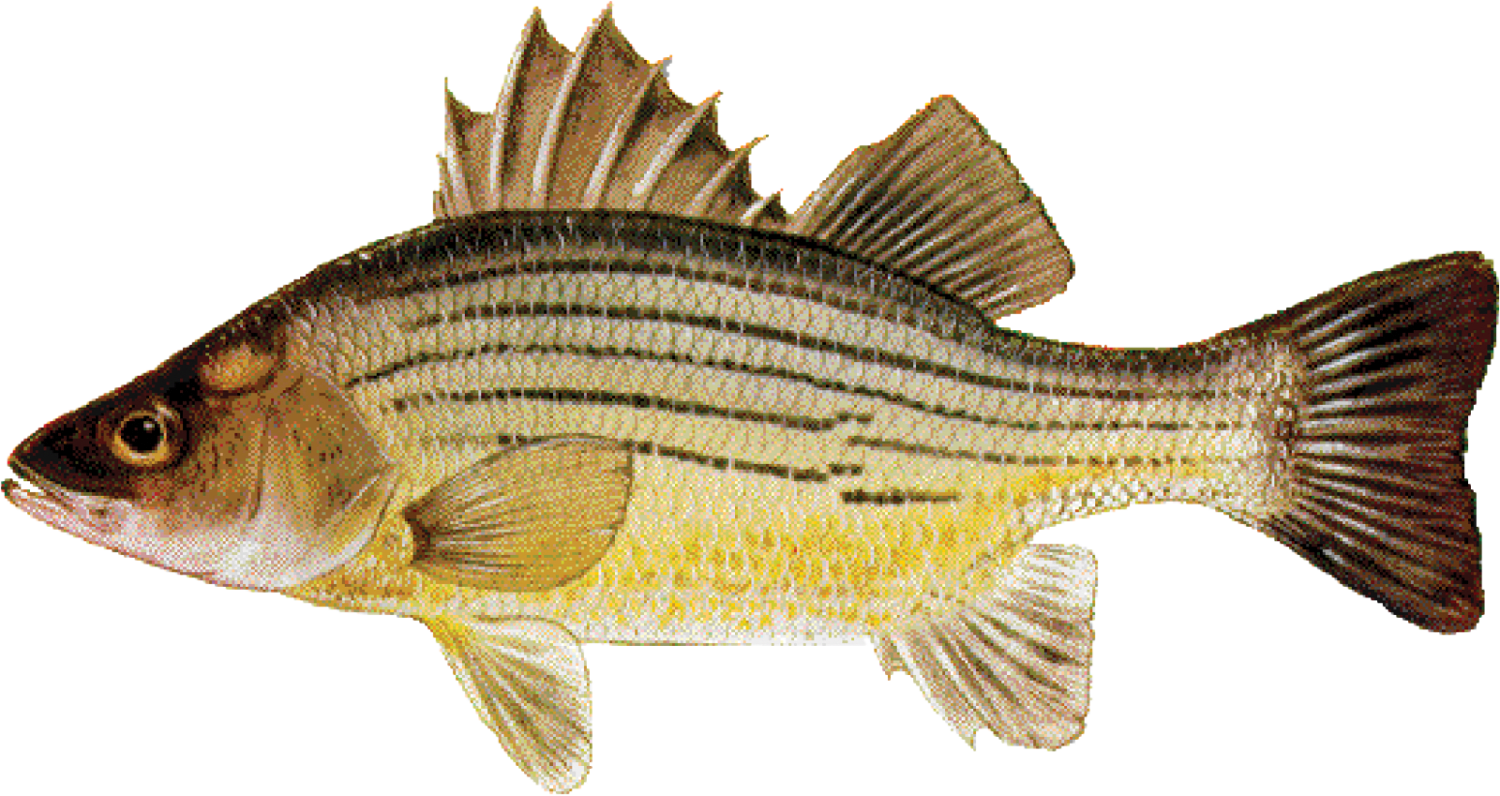
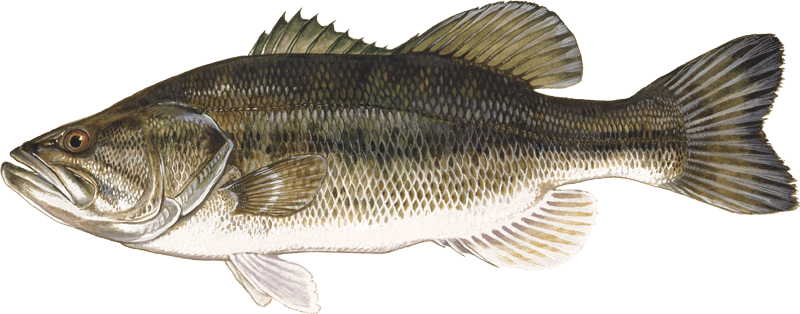

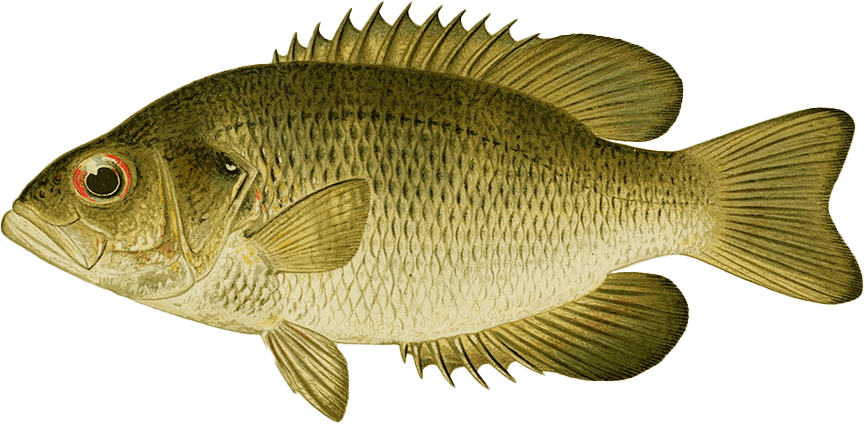
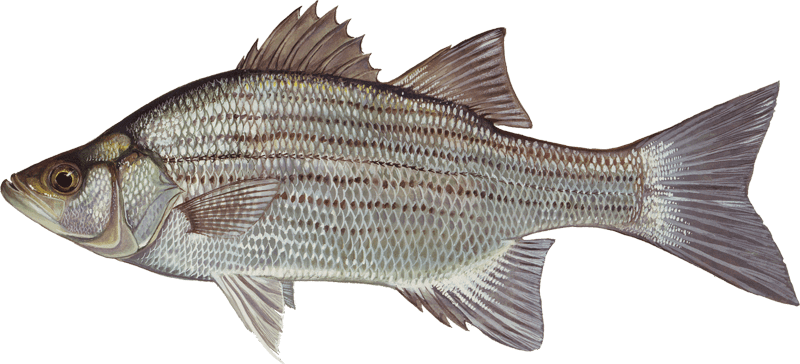

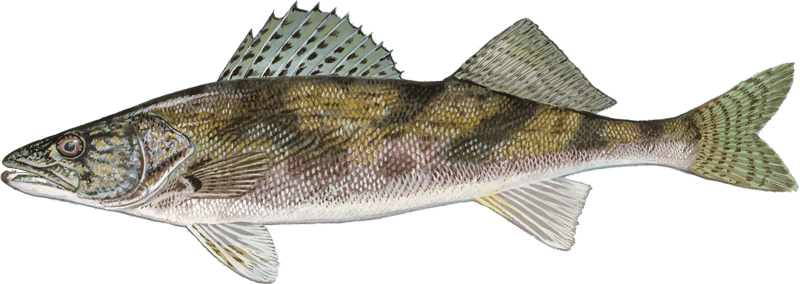

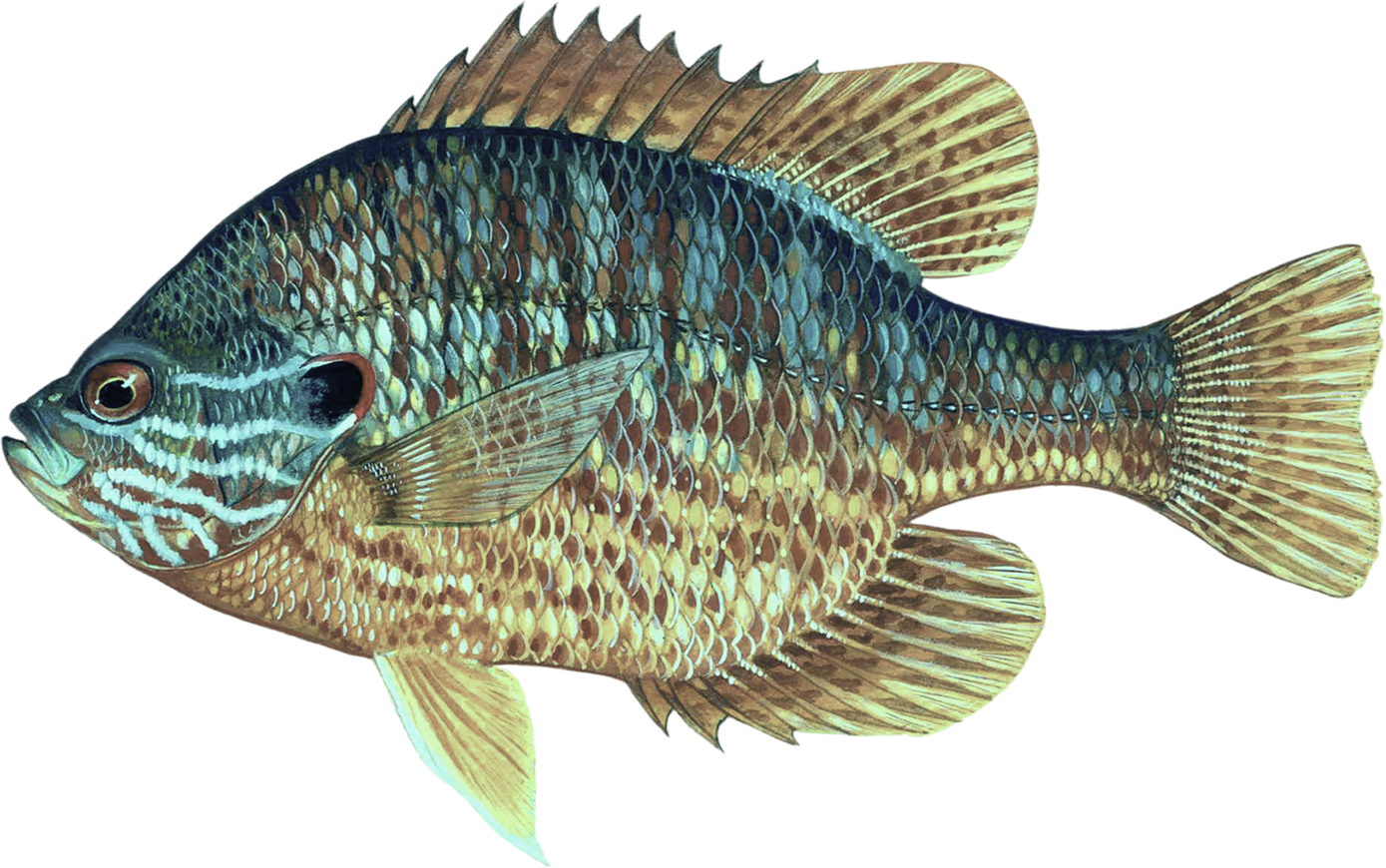
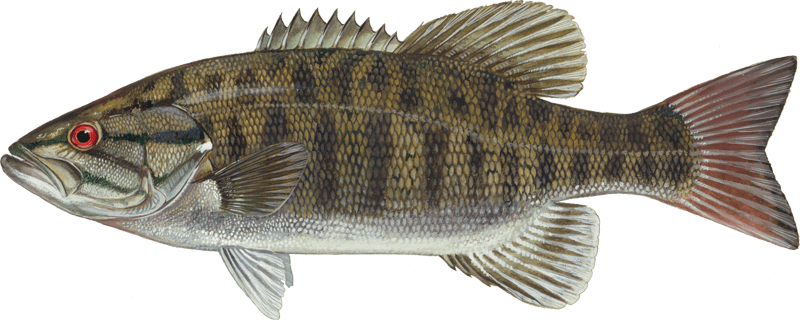

Overview
This water boasts a large population of walleye, mostly in the 12-to 23-inch range. Northern pike, largemouth bass, perch and bluegill are present in good numbers. Winnebago is known throughout the country for its lake sturgeon spearing season. 137,708 acres
Lake Winnebago Map
Fishing Regulations
Special Fishing regulations: This lake has special fishing regulations that differ from statewide or border water regulations for those species identified below and take precedence. Regulations listed below are currently in place. Visit the fishing regulations page for links to upcoming regulations for specific lakes.
Special Waterbody Regulations
- Bag limits are for fish caught in all lakes in the WINNEBAGO CHAIN including CINCOE LAKE, LAKE BUTTE DES MORTS, LAKE POYGAN, LAKE WINNECONNE, PARTRIDGE CROP LAKE, PARTRIDGE LAKE Catch and release fishing for largemouth and smallmouth bass is open year round unless otherwise noted. Motor Trolling is allowed with up to 3 hooks, baits, or lures, per angler. Open all year for all species except muskellunge, northern pike, flathead catfish and lake sturgeon.
Special Species Regulations
- Hybrid, Striped, Yellow, and White Bass: See Rock, Yellow and White Bass.
- Rough fish: Open all year: No minimum length limit and the daily bag limit is unlimited
- Rock, Yellow, and White Bass: Open all year: No minimum length limit and the daily bag limit is unlimited
- Paddlefish: Closed. No fishing allowed.
- Smallmouth bass: See Largemouth and Smallmouth Bass.
- Largemouth bass: See Largemouth and Smallmouth Bass.
- Largemouth bass and smallmouth bass: Open all year: The minimum length limit is 14” and the daily bag limit is 5
- Northern pike: May 3, 2025 to March 1, 2026: The minimum length limit is 26” and the daily bag limit is 2
- Muskellunge and hybrids: May 3, 2025 to December 31, 2025: The minimum length limit is 50” and the daily bag limit is 1
- Round goby: Open all year: The daily bag limit is 0. One may be killed and transported to a WDNR Office
- Ruffe: Open all year: The daily bag limit is 0. One may be killed and transported to a WDNR Office
- Shovelnose sturgeon: Closed. No fishing allowed.
- Trout and salmon: See Trout regulations layer.
- White perch: Open all year: The daily bag limit is 0. One may be killed and transported to a WDNR Office
- Bluegill: See Panfish.
- Bowfin: See Rough Fish.
- Channel catfish: Open all year: No minimum length limit and the daily bag limit is 25 in total, but only 24 if one flathead catfish is included
- Crappies: See Panfish.
- Flathead catfish: May 3, 2025 to September 30, 2025: The minimum length is 30, but flathead catfish from 36” to 42” may not be kept.The daily bag limit is 1
- Longnose gar: See Rough Fish.
- Sauger and hybrids: Open all year: The daily bag limit is 1
- Shortnose gar: See Rough Fish.
- Urban waters gamefish: This waterbody is not considered an urban water, Urban Waters Gamefish regulations do not apply.
- Cisco and whitefish: Open all year: No minimum length limit and the daily bag limit is 10
- Catfish: Open all year: See specific species regulations in this group
- Bullheads: Open all year: No minimum length limit and the daily bag limit is unlimited
- Walleye, Saugers, and Hybrids: Open all year: No minimum length limit and the daily bag is 3, only one of which may be a sauger or hybrid
- Lake sturgeon: Closed. No fishing allowed.
- Walleye: See Walleye, Sauger, and Hybrids.
- Panfish: Open all year: No minimum length limit and the daily bag limit is 25
Features
Forage
Seasonal Movements


Get Your Line in the Right Water
Quickly find the best places to fish and plan your day right.
Fish Species

Lake Winnebago Bluegill abundance
Average range for similar lakes
Abundance ratings are based on Catch Per Unit Effort (CPUE) measurements conducted by the MN DNR, and represent a snapshot of a species population at a given point in time.
Source: Minnesota Department of Natural Resources. Survey cadence may vary by state and water body.| Survey Year | Largest Fish (in) |
|---|---|
| 2024 | 9 |
| 2023 | 10 |
| 2021 | 9 |
| 2017 | 9 |
| 2016 | 9 |

Abundance ratings are based on Catch Per Unit Effort (CPUE) measurements conducted by the MN DNR, and represent a snapshot of a species population at a given point in time.
Source: Minnesota Department of Natural Resources. Survey cadence may vary by state and water body.
Lake Winnebago Crappie abundance
Average range for similar lakes
Abundance ratings are based on Catch Per Unit Effort (CPUE) measurements conducted by the MN DNR, and represent a snapshot of a species population at a given point in time.
Source: Minnesota Department of Natural Resources. Survey cadence may vary by state and water body.
Lake Winnebago Largemouth bass abundance
Average range for similar lakes
Abundance ratings are based on Catch Per Unit Effort (CPUE) measurements conducted by the MN DNR, and represent a snapshot of a species population at a given point in time.
Source: Minnesota Department of Natural Resources. Survey cadence may vary by state and water body.
Abundance ratings are based on Catch Per Unit Effort (CPUE) measurements conducted by the MN DNR, and represent a snapshot of a species population at a given point in time.
Source: Minnesota Department of Natural Resources. Survey cadence may vary by state and water body.
Lake Winnebago Northern pike abundance
Average range for similar lakes
Abundance ratings are based on Catch Per Unit Effort (CPUE) measurements conducted by the MN DNR, and represent a snapshot of a species population at a given point in time.
Source: Minnesota Department of Natural Resources. Survey cadence may vary by state and water body.| Survey Year | Largest Fish (in) |
|---|---|
| 2018 | 41 |
| 2016 | 40 |

Lake Winnebago Perch abundance
Average range for similar lakes
Abundance ratings are based on Catch Per Unit Effort (CPUE) measurements conducted by the MN DNR, and represent a snapshot of a species population at a given point in time.
Source: Minnesota Department of Natural Resources. Survey cadence may vary by state and water body.| Survey Year | Largest Fish (in) |
|---|---|
| 2016 | 12 |

Lake Winnebago Pumpkinseed abundance
Average range for similar lakes
Abundance ratings are based on Catch Per Unit Effort (CPUE) measurements conducted by the MN DNR, and represent a snapshot of a species population at a given point in time.
Source: Minnesota Department of Natural Resources. Survey cadence may vary by state and water body.
Lake Winnebago Rock bass abundance
Average range for similar lakes
Abundance ratings are based on Catch Per Unit Effort (CPUE) measurements conducted by the MN DNR, and represent a snapshot of a species population at a given point in time.
Source: Minnesota Department of Natural Resources. Survey cadence may vary by state and water body.
Abundance ratings are based on Catch Per Unit Effort (CPUE) measurements conducted by the MN DNR, and represent a snapshot of a species population at a given point in time.
Source: Minnesota Department of Natural Resources. Survey cadence may vary by state and water body.
Lake Winnebago Smallmouth bass abundance
Average range for similar lakes
Abundance ratings are based on Catch Per Unit Effort (CPUE) measurements conducted by the MN DNR, and represent a snapshot of a species population at a given point in time.
Source: Minnesota Department of Natural Resources. Survey cadence may vary by state and water body.
Abundance ratings are based on Catch Per Unit Effort (CPUE) measurements conducted by the MN DNR, and represent a snapshot of a species population at a given point in time.
Source: Minnesota Department of Natural Resources. Survey cadence may vary by state and water body.
Lake Winnebago Walleye abundance
Average range for similar lakes
Abundance ratings are based on Catch Per Unit Effort (CPUE) measurements conducted by the MN DNR, and represent a snapshot of a species population at a given point in time.
Source: Minnesota Department of Natural Resources. Survey cadence may vary by state and water body.
Lake Winnebago White bass abundance
Average range for similar lakes
Abundance ratings are based on Catch Per Unit Effort (CPUE) measurements conducted by the MN DNR, and represent a snapshot of a species population at a given point in time.
Source: Minnesota Department of Natural Resources. Survey cadence may vary by state and water body.
Abundance ratings are based on Catch Per Unit Effort (CPUE) measurements conducted by the MN DNR, and represent a snapshot of a species population at a given point in time.
Source: Minnesota Department of Natural Resources. Survey cadence may vary by state and water body.